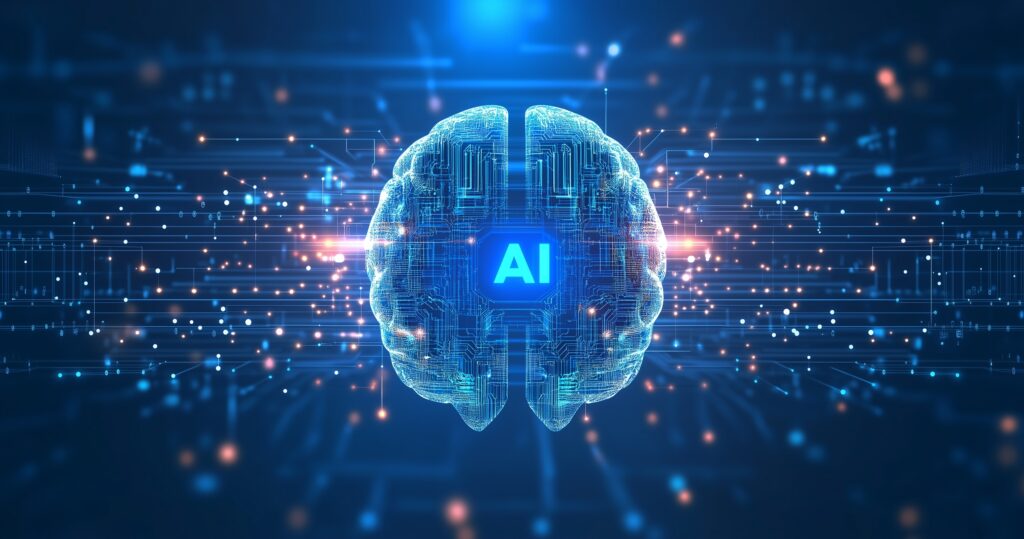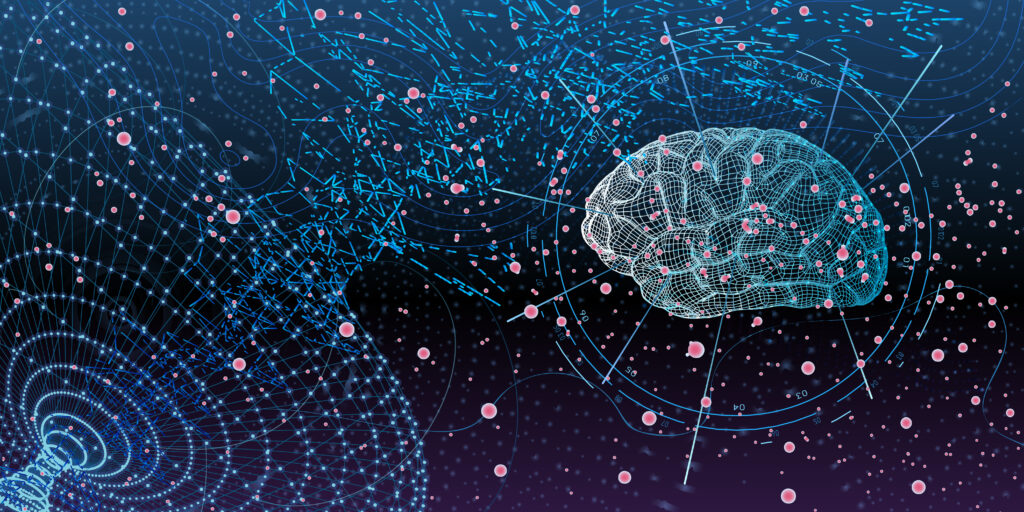2025 is moving fast, and the AI market is already showing signs of evolving beyond traditional large language models (LLMs) towards more sophisticated systems known as AI agents.
These autonomous and semi-autonomous systems represent a significant leap forward in AI capabilities, promising to transform how businesses and consumers interact with technology.
In this blog, we’ll take a look at some of the differentiators that make this emerging technology so promising, and provide a general overview of the emerging AI agent landscape.

What Are AI Agents?
AI agents are advanced AI systems capable of autonomously performing complex tasks on behalf of users or other systems.
Unlike simple chatbots, AI agents can reason, plan, and execute multi-step workflows without constant human oversight. They combine the versatility of LLMs with the precision of traditional programming, allowing them to interact with external tools, databases, and APIs to accomplish a wide range of tasks.
Key Features of Agentic Frameworks
Agentic frameworks provide the foundation for building these sophisticated AI systems. They typically include:
- Memory Management: Allowing agents to retain context from past interactions
- Multi-Agent Collaboration: Enabling multiple agents to work together on complex tasks.
- Planning and Reasoning: Empowering agents to sequence actions and adapt workflows.
- Tool Integration: Facilitating interaction with external tools and data sources.
Applications Across Industries
The potential applications of agentic AI span numerous sectors:
- Customer Service: Autonomously managing inquiries and resolving issues
- Healthcare: Streamlining operations like claims processing and providing personalized patient care
- Finance: Real-time fraud detection and high-frequency trading
- Manufacturing: Predictive maintenance and supply chain optimization
- Human Resources: Automating recruitment processes and employee onboarding
Beyond the Horizon: What’s Next for Agentic AI?
As we look towards 2025, several key developments are expected:
- Multi-Agent Systems: The rise of orchestrated AI agents working together to tackle complex business challenges.
- AI Chief-of-Staff: The emergence of overseeing agents to manage networks of AI systems.
- Continuous Learning: Agents that actively seek new data to refine their models and decision-making processes.
- Autonomous Operation: AI systems capable of maintaining long-term goals and managing multistep tasks with minimal human intervention.

Where Do Your Use Cases Fit into the AI Agent Landscape?
The shift towards agentic AI marks a pivotal moment in the evolution of artificial intelligence.
As these systems become more sophisticated and widely adopted, they have the potential to dramatically enhance productivity, streamline operations, and open up new possibilities across various industries.
While still in its early stages, the agentic era is rapidly approaching, and this year is poised to be a landmark year for this transformative technology.
Ready to explore the next wave of agentic AI solutions? Talk to one of our experts today.






